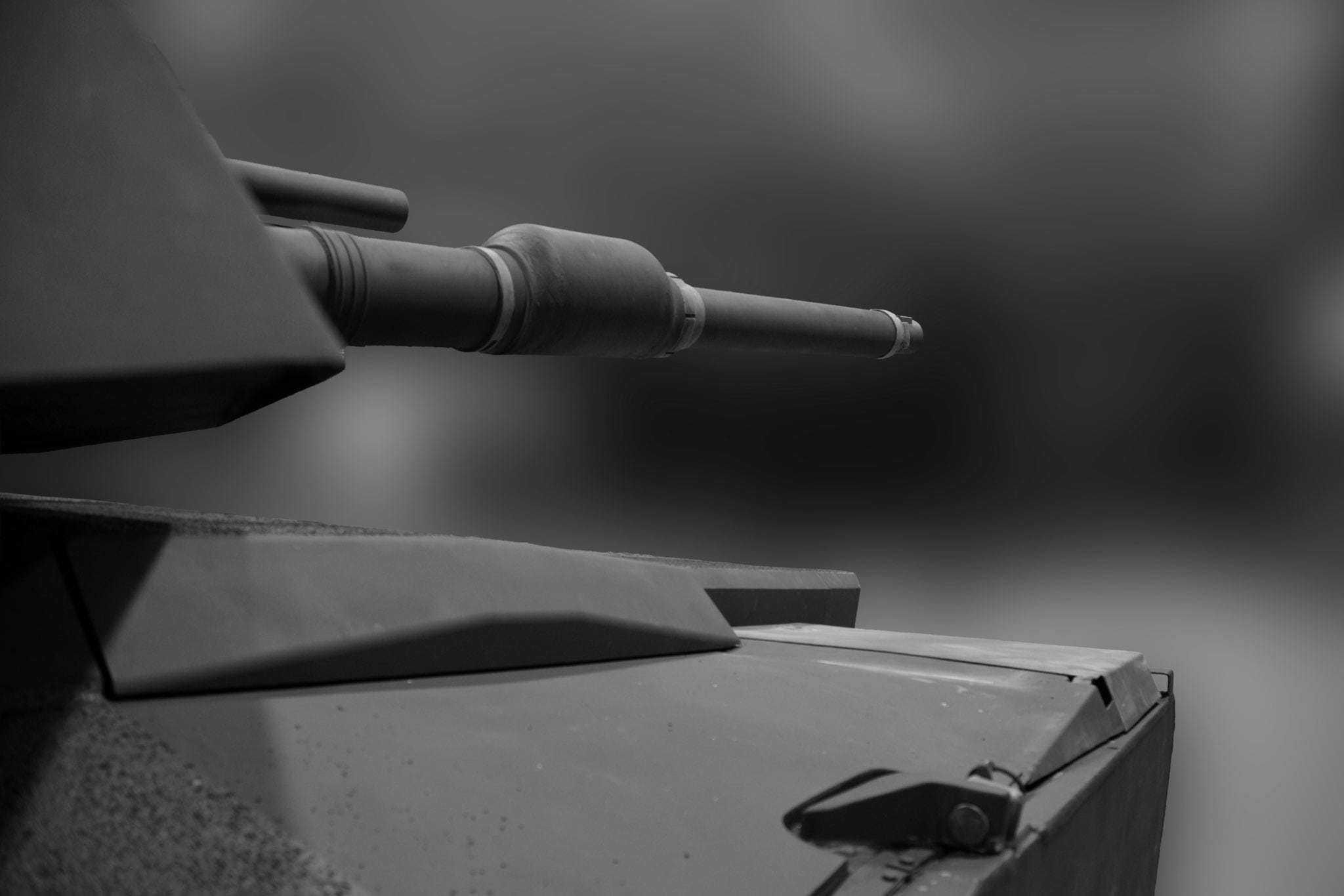The Democratic presidential candidates in their fourth national debate positioned themselves as the calmer, more responsible commander-in-chief alternatives than their Republican counterparts, opposing an increased combat role for U.S. troops in the Middle East and placing a higher role on the value of diplomacy.
"What the nightmare is, which many of my Republican colleagues appear to want, is to not have learned the lesson of Iraq, to get American young men and women involved in perpetual warfare in the quagmire of Syria and the Middle East," said independent Vermont Sen. Bernie Sanders.
That "would be an unmitigated disaster that as president I will do everything in my power to avoid."
The final Democratic debate before the Iowa caucuses on Feb. 1 featured only a brief section on national security and foreign policy, and left all three candidates echoing President Barack Obama's call in the State of the Union for more measured, judicious use of military power.
That comes in sharp contrast to the Republican frontrunners who have savaged Obama's Middle East strategy, calling it weak and ineffective. They have promised a more aggressive use of military forces and a stronger rebuke of would-be threats to the country.
At Sunday's event in South Carolina, former Secretary of State Hillary Clinton promised to stand up to Russian President Vladimir Putin and leaders in Iran, but she also said that her plan for battling the Islamic State group "absolutely does not include plans for more American forces on the ground in Iraq and Syria."
Her three-point plan for that conflict includes an increased air campaign, increasing support for friendly regional fighters, and fighting the group's online propaganda. She also reiterated that combat operations alone aren't enough to win the battle.
"I'm very committed to both going after ISIS but also supporting what Secretary [of State John] Kerry is doing to try to move on a political, diplomatic [path]," she said.
Former Maryland Gov. Martin O'Malley offered support for Obama's strategy, calling for better alliances and intelligence in the region.
"We do need to provide special ops advisers, we do need to provide the technical support, but over the long-term, we need to develop new alliances," he said. "We need a much more proactive national security strategy that reduces these threats before they rise to a level where it feels like we need to pull for a division of Marines."
Sanders suggestions were the furthest from congressional defense hawks. He advocated creating alliances with Russia and Iran to battle Islamic State fighters, and said wealthy Middle East countries like Saudi Arabia and Qatar "have got to start putting some skin in the game and not just ask the United States to do it."
He also called for "changing priorities in the Defense Department," saying much of the military's $600-plus billion annual budget "goes to fight the old Cold War" and not current national security threats.
Most of the top Republican presidential candidates have argued the opposite, claiming the military is dangerously underfunded and not fully prepared for the global threats facing America today.
None of the candidates discussed veterans issues at length in Sunday's event, a topic that has gotten mentions in past Democratic debates, mostly due to Sanders' past role as chairman of the Senate Veterans Affairs Committee.
Military policy has dominated several of the six Republican debates, but none of them have featured any in-depth discussion of veterans issues.
The GOP candidates still have one more debate scheduled before the Iowa caucuses. That even will take place in Iowa on Jan. 28.
Leo covers Congress, Veterans Affairs and the White House for Military Times. He has covered Washington, D.C. since 2004, focusing on military personnel and veterans policies. His work has earned numerous honors, including a 2009 Polk award, a 2010 National Headliner Award, the IAVA Leadership in Journalism award and the VFW News Media award.





